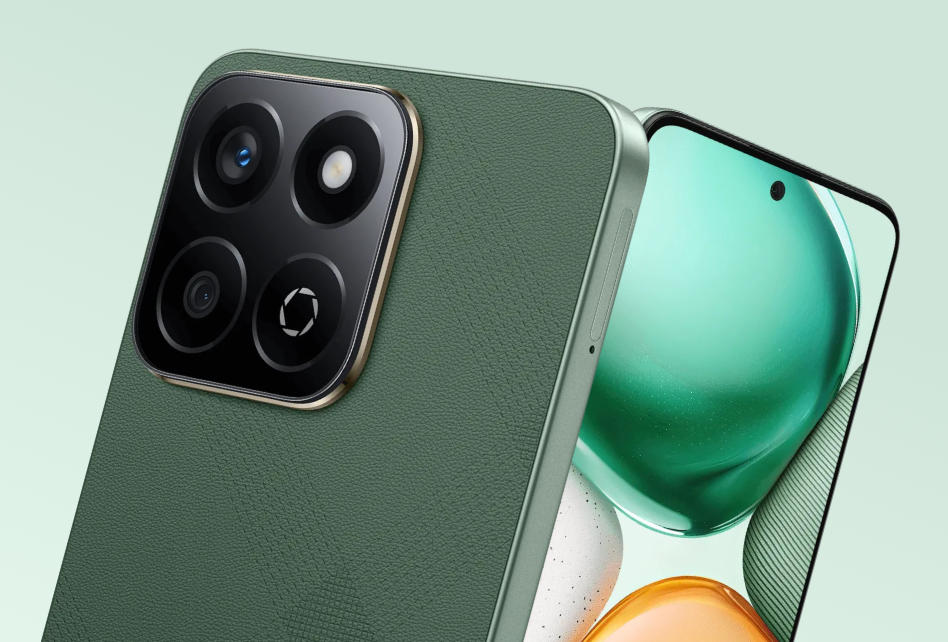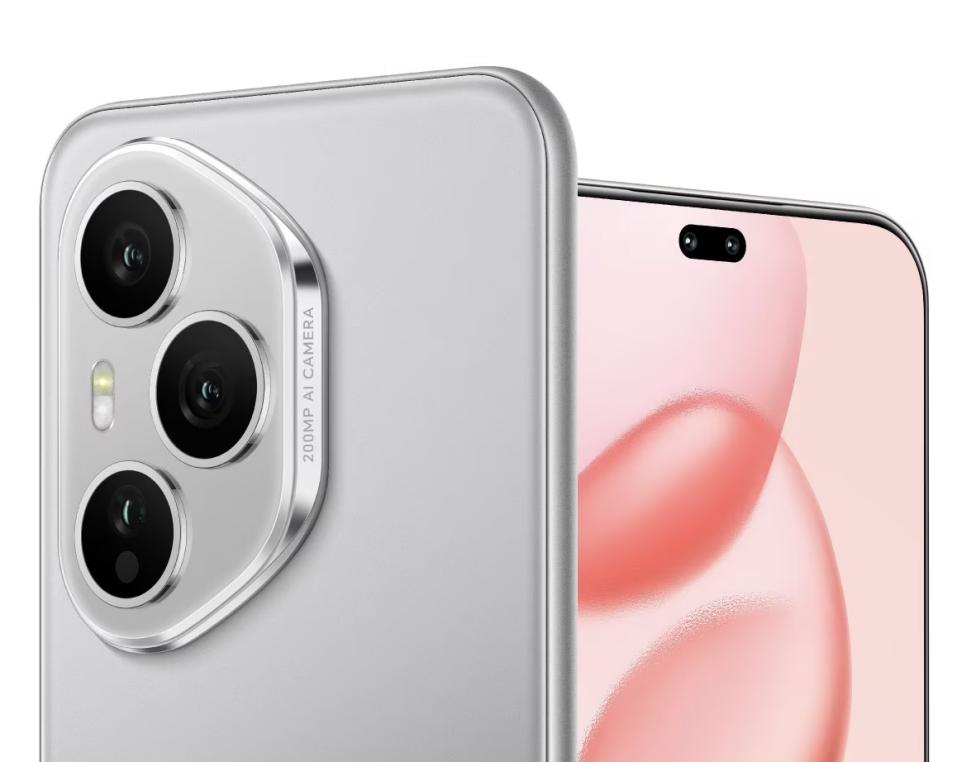How Do Users Define a Great Phone Experience?
A great HONOR phone experience is more than just impressive specifications. It’s the feeling of smooth control, the ease of navigation, and the trust that the device will perform reliably in any situation. People expect a phone to be fast, responsive, and capable, but they also want it to fit into their routines without creating unnecessary friction. The real measure of quality lies in how well a phone serves as a tool for work, communication, entertainment, and personal management all at once.

Key Factors That Shape User Satisfaction
When users describe what makes their phone experience great, they often point to more than just one feature. It’s the balance between technical performance, thoughtful design, useful tools, and personal control that creates lasting satisfaction.
Smooth and Reliable Performance
Performance is the backbone of a good phone experience. Users want quick app launches, seamless scrolling, and the ability to switch between tasks without delays. Whether they are editing documents, watching videos, or browsing the web, the device should respond instantly to every input. Reliability adds another layer to performance. A phone that rarely crashes or freezes helps maintain focus and prevents frustration. Stability over time is key—if the phone slows down or becomes unreliable after a few months, the initial excitement fades quickly. Regular software updates are also essential, as they not only improve security but also optimize performance and occasionally introduce new features. A great experience is one where the phone feels as responsive after a year as it did on day one, giving users the confidence to rely on it in any situation.
Clear and Functional Design
Good design goes beyond appearance. A clean interface with logical layouts allows users to find what they need without effort. Icons should be recognizable, and menus should be structured in a way that reduces the number of steps to complete a task. Physical design plays a huge role, too. The shape, weight, and button placement affect how comfortable the phone is to hold and operate. A high-quality display with accurate colors, sufficient brightness, and smooth refresh rates enhances the visual experience for everything from reading text to watching movies. Design that feels intuitive allows users to focus on their tasks instead of figuring out how to operate the device. It’s about removing barriers between intention and action.
Useful Features That Fit Everyday Life
Features matter most when they serve a purpose in daily routines. A high-quality camera lets users capture clear photos and videos in different lighting conditions. Long battery life ensures the phone lasts through a busy day without constant charging. Secure, fast unlocking—through fingerprint or facial recognition—saves time while protecting personal information. Integration with other devices and platforms adds convenience. For example, syncing documents across a phone, tablet, and laptop keeps work flowing smoothly. Navigation tools, voice assistants, and health tracking apps enhance daily activities without requiring extra effort. The best features are those that blend into life so naturally that users can’t imagine working without them.

Personalization and Control
Personalization transforms a phone from a generic device into something that feels truly yours. Customizable home screens, app arrangements, and widgets allow users to shape their phone’s appearance and functionality to suit their habits. Adjustable font sizes, display colors, and accessibility options make the device comfortable for a variety of needs. Control over privacy is equally important. Users value the ability to choose which apps can access their location, contacts, or microphone. Transparent privacy settings and activity logs help maintain trust. When people can adapt both the look and behavior of a phone to their preferences, they feel more connected to the device and more satisfied with their experience.
Conclusion
A great phone experience is defined by the combination of speed, reliability, clear design, useful features, and personalization. Users want a device that responds instantly, feels comfortable in the hand, and offers tools that genuinely improve their daily lives. Reliability over time builds trust, while customization and privacy controls give them a sense of ownership. The best phones don’t just perform well—they quietly support work, leisure, and communication without demanding attention. Ultimately, a truly great phone is one that becomes an effortless extension of its user, consistently making life easier, more efficient, and more enjoyable.
